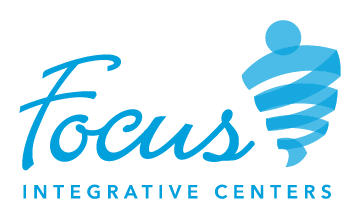Recovery Begins by reaching out
Take the first step towards recovery by calling (865) 622-7116 to schedule a confidential eating disorder assessment. We’ll also ask you to create a patient account here.
Following the assessment, we’ll need medical clearance documentation from your primary care physician.
Our Clinical Director and Medical Director will then give a level of care recommendation based on the eating disorder assessment and medical clearance.
If IOP is recommended, we will verify your insurance benefits and then schedule an admission date. If a higher level of care is recommended, our team will assist in the referral process or offer options based on your needs and preferences.



